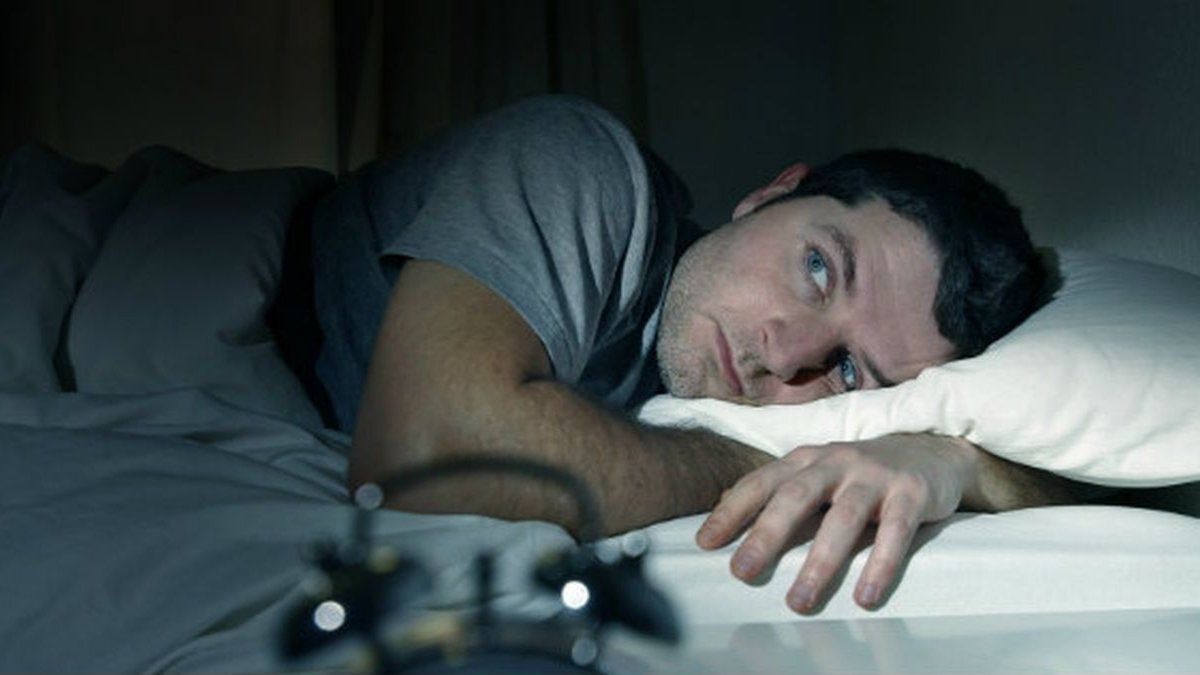Poor sleep can be a symptom of health problems such as obesity, diabetes and cardiovascular disease, which are linked to an increased risk of Alzheimer’s.
Sleeping too little or too much in old age is associated with an increased risk of dementia, especially Alzheimer’s.. Lack of sleep can cause accumulation of amyloid protein, associated with this pathology. Sleep apnea can also promote it. On the other hand, sleeping too much can be a sign of underlying physical or mental problems that also increase the risk of dementia. Therefore, A regular sleep of 7 to 9 hours could help prevent this disease.
The content you want to access is exclusive for subscribers.
Lack of sleep increases the risk of Alzheimer’s for several reasons. During sleep, the brain clears cellular waste, including the protein amyloid, which is associated with Alzheimer’s. Lack of sleep reduces the time the brain has to clear this substance, which can lead to the formation of amyloid plaques.In addition, lack of sleep can trigger changes that promote the buildup of amyloid and other molecular debris. Sleep apnea, which disrupts rest, can also increase the risk of Alzheimer’s by limiting oxygen to the brain and causing brain inflammation.


Poor sleep can be a symptom of health problems such as obesity, diabetes and cardiovascular disease, which are linked to an increased risk of Alzheimer’s. Furthermore, changes in sleep patterns can be an early sign of dementia, as the areas of the brain that regulate sleep are affected in the early stages of the disease. Therefore, sleeping between 7 and 9 hours a night is key to maintaining brain health and reducing the risk of developing Alzheimer’s.
Oversleeping can be a sign of underlying physical or mental problems that also increase the risk of dementia for several reasons. For one, the need to sleep more than usual can indicate the presence of health conditions such as depression, diabetes or cardiovascular disease, which are associated with an increased risk of dementia. In addition, physical inactivity, loneliness and isolation, which often accompany these health problems, can also contribute to the development of dementia.
In many cases, sleeping too much is not the direct cause of dementia, but rather a symptom of these underlying problems that affect brain health. Therefore, it is important to be alert to changes in sleep patterns and consult a doctor if significant alterations are noticed.
Neurologist, director of the Buenos Aires Neurology Institute, INBA.
Source: Ambito
I am an author and journalist who has worked in the entertainment industry for over a decade. I currently work as a news editor at a major news website, and my focus is on covering the latest trends in entertainment. I also write occasional pieces for other outlets, and have authored two books about the entertainment industry.




